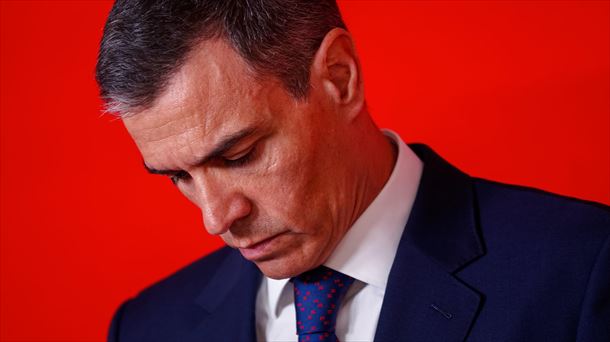At the latest since the governor of Lower Austria, Johanna Mikl-Leitner (ÖVP) called for an electricity price ceiling in the “Krone” in view of the exploding costs, the debate about such a measure has flared up. Although the federal government continues to oppose it en masse, ex-chancellor Christian Kern (SPÖ) is speaking out again. He aligns it with “no rocket science”.
In total, the federal government is investing 28 billion euros to at least somewhat mitigate the negative consequences of the energy price crisis. In particular, citizens should be relieved by one-off payments from the anti-inflation package.
Kogler: “Effects would be small”
Although the criticism of the measure has not stopped since then, the ministers never tire of emphasizing that this is the most sensible option. Alongside Chancellor Karl Nehammer and Treasury Secretary Magnus Brunner (both ÖVP), Green Vice-Chancellor Werner Kogler continued to vehemently advocate the package — once again rejecting a potential price cap for electricity.
After all, a price ceiling raises “more questions than answers”, he explained to the press on Sunday. What is needed instead is a Europe-wide approach: “Only Austria is having a hard time. We would subsidize an entire energy zone of several countries and the effects for us would be small.”
Wrong argument from the “lobbyists”?
Christian Kern does not want to accept the argument, however: according to the ex-chancellor, the vice-chancellor only justifies the government’s “inactivity” in the field of explosives. Kogler believes in a “false argument” that “energy company lobbyists like to spread.”
If you “let the profiteers of exploding energy prices explain to you why you can’t limit profits, it probably won’t do you much,” he harshly criticized Kogler on Twitter.
Kern: It takes “political will”
After all, the electricity market consists of physical charging flows and a commercial, cross-border price mechanism, Kern explains. So there are already different prices in the countries – calculated on the basis of the so-called merit order. It takes “detailed knowledge and political will” to change that, Kern said.
Adjusting the trade-off of cross-border line capacities so that there is “minimum commercial outflow” (i.e. other countries do not benefit from Austria’s low prices) is “not rocket science”.
If you don’t want to implement this, you can of course start a European initiative – “but even that is not actively pursued,” Kern says.
Source: Krone
I’m an experienced news author and editor based in New York City. I specialize in covering healthcare news stories for Today Times Live, helping to keep readers informed on the latest developments related to the industry. I have a deep understanding of medical topics, including emerging treatments and drugs, the changing laws that regulate healthcare providers, and other matters that affect public health.



